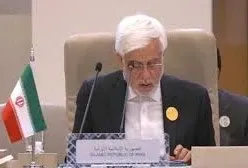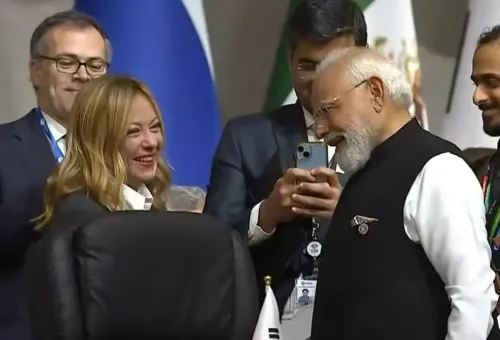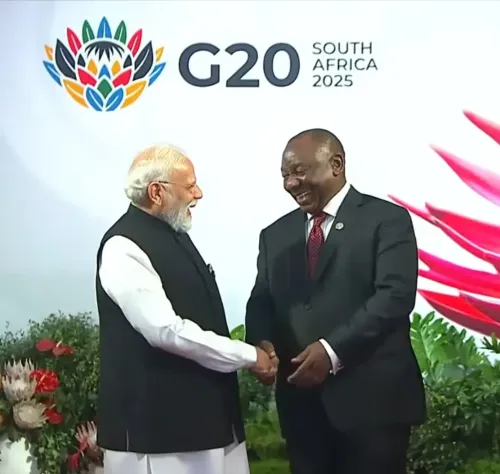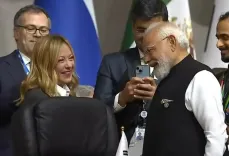Could Direct Negotiations Between Iran and the US Be Possible?

Synopsis
Key Takeaways
- Iran is open to direct negotiations with the US under equal conditions.
- Negotiations must safeguard the interests of both parties involved.
- Iran denies opposition to negotiations but will not accept US-imposed terms.
- Military actions have significantly impacted diplomatic relations.
- Ceasefire established after a 12-day conflict between Iran and Israel.
Tehran, Aug 13 (NationPress) Iran's First Vice President Mohammad-Reza Aref stated that direct nuclear negotiations with the United States could occur under favorable conditions, as reported by the official news agency IRNA.
"Iran is prepared to engage in discussions on an equal footing, as negotiations are essential for the protection of both parties' interests," Aref mentioned to the press. "If the circumstances are appropriate, these negotiations could take place directly," he added.
Aref emphasized that Iran is not against dialogue; however, it will not accept negotiations that solely reflect U.S. intentions, as reported by the Xinhua news agency.
Iran has expressed a willingness to build trust with the United States, stating, "but it appears they (the Americans) are pretending to be unaware," he remarked.
According to Aref, certain Western nations have misleadingly politicized Iran's nuclear situation, asserting that the idea of zero enrichment is a ridiculous concept.
On June 13, just two days before the sixth round of indirect nuclear discussions between Iran and the U.S., Israel conducted significant airstrikes targeting various locations in Iran, including nuclear and military sites, resulting in the deaths of senior commanders, nuclear scientists, and numerous civilians. In response, Iran launched multiple waves of missile and drone strikes against Israel.
On June 22, U.S. forces bombed the Iranian nuclear facilities of Natanz, Fordow, and Isfahan. In retaliation, Iran targeted the U.S. Al Udeid Air Base in Qatar.
Following a 12-day conflict, a ceasefire between Iran and Israel was established on June 24.
Recently, Washington has reiterated its demand for Iran to halt uranium enrichment entirely, a request that Tehran has categorically rejected.









